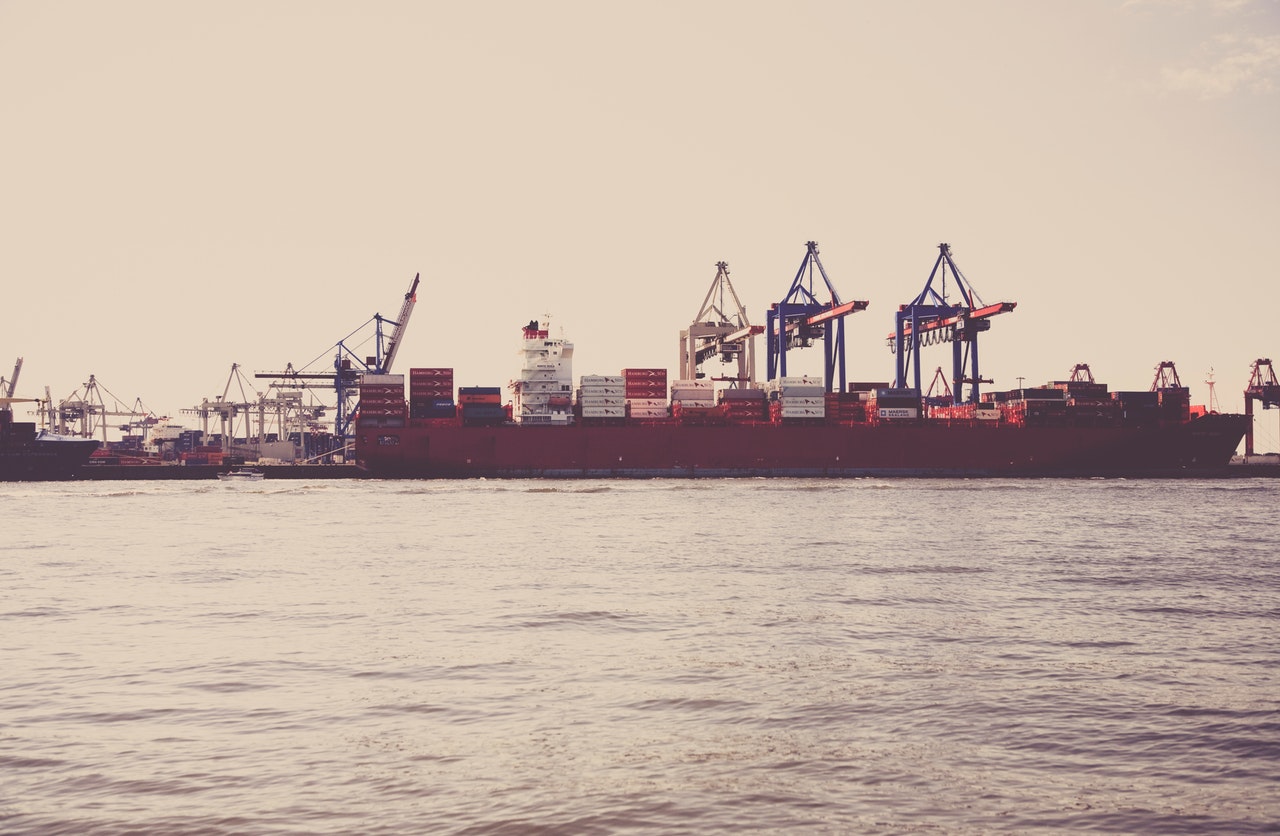Shipping small cargo can sometimes be your company’s best option.
In light of shifting consumer expectations and regulatory considerations, companies of all shapes and sizes are struggling to implement cost-effective shipping strategies. Today, generating a solid ROI requires navigating a complex web of considerations, including the type, size, and weight of the cargo to market as well as the delivery requirements at the point of origin and final destination.
When it comes to international shipping, ocean freight is often the go-to option, offering competitive rates, consistent transit times, and relatively few restrictions. For companies with full container load (FCL) shipments, or shipments that can fill an entire standard container, it’s often the most affordable method. Contrary to popular belief, however, ocean freight can be just as cost-effective for companies making smaller shipments. Here’s what you need to know about less than container load (LCL) shipping in order to reduce operational overhead and drive more value.
Advantages of LCL Shipping
While FCL is typically the most economical option, LCL shipping offers a number of unique benefits. Firstly, LCL shipping usually facilitates faster delivery times, since ocean transportation intermediaries (OTIs) generally consolidate LCL shipments from various suppliers into a single container, and then choose vessels with the most direct routes possible. Just as importantly, LCL shipping is usually more flexible than FCL, allowing shippers to adjust their inventory as needed. A company expanding to a new market, for example, can test its viability with a small supply before investing in larger orders, sparing the company a costly long-term expense should demand prove lower than expected.
In general, LCL shipping is most beneficial to small or medium-sized shipping programs with specific delivery timelines. While it might seem more cost-effective to delay a shipment until there’s enough cargo to fill an entire container, smaller organizations may have time-sensitive goods that need to be moved sooner rather than later. LCL shipping enables companies to move smaller shipments more frequently in order to keep their business moving without taking on excess overhead costs.
Maximizing Your LCL Value With the Right Partner
As with any mode of transport, LCL comes with its own set of risks. Because your cargo will likely move between multiple carriers throughout its journey, there’s always the chance of damage, loss, or user error. Cargo insurance is key when it comes to protecting your assets and your bottom line. Just as important, however, is finding an experienced and capable shipping partner to help reduce the risks associated with LCL and maximize its value.
With nearly 20 years of experience in the international shipping market, Primary Freight has the resources and expertise needed to run cost-effective, reliable LCL programs. Our expansive global shipping network and considerable resources allow us to remain nimble at a highly competitive price point. Our team is committed to collaboration and creative problem solving, looking for every opportunity to generate value and customer satisfaction at each stage of the process.
If you’re interested in learning more about our LCL program, or any of our other shipping and logistics services, contact us today at (800) 635-0013.
